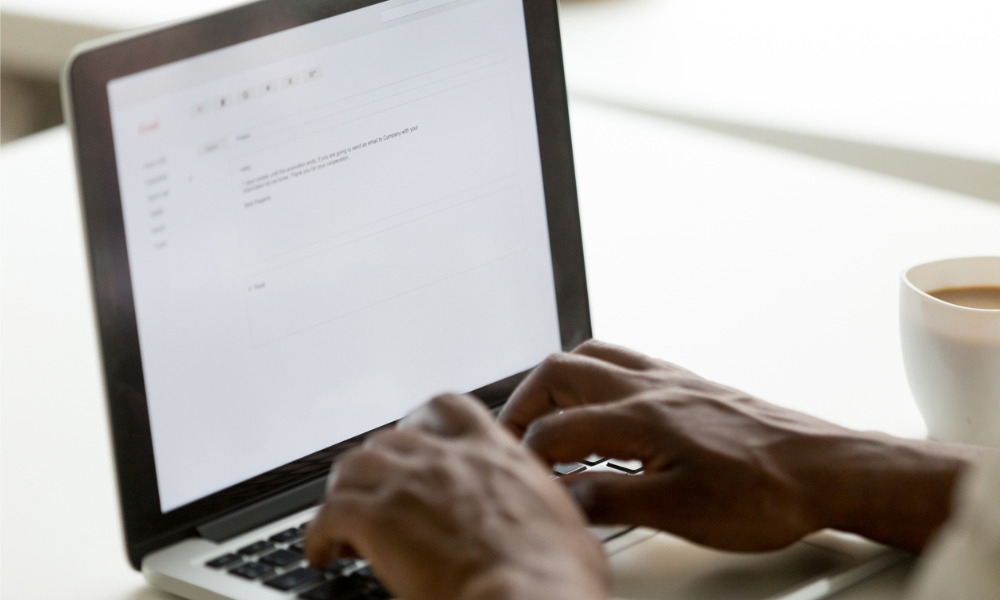
Cold. Distant. Rude? It's time to check the tone of your email

Email is still the most popular workplace communication tool in the pandemic era with 88% of remote workers using it. The interface is simple enough: text on a plain white background.
But, as a new study suggests, the tone of a work email can also influence a recipient’s well-being and performance. Rude messages, in particular, have been shown to cause significant stress in workers, according to researchers from the University of Illinois – Chicago.
There are two types of email rudeness. The first is active rudeness in which a sender explicitly berates or insults a colleague. The second is passive in which a recipient chooses to ignore a request, comment or suggestion from a colleague.
Read more: Feeling disrespected at work? Here's what to do
The first instance forces the aggrieved person to deal with negative emotions such as anger, frustration and humiliation. The second leaves the aggrieved person in uncertainty: some start to decode whether the rude co-worker only forgot to reply or evaded them altogether.
“Because emails are securely stored, people may have a tendency to revisit a disturbing email or constantly check for a response that they requested, which may only aggravate the distress of email rudeness,” said Zhenyu Yuan, lead author of the study published in the Journal of Occupational Health Psychology.
This lack of courtesy in professional correspondence, the researchers learned, can cause so much stress in individuals that some employees end up struggling with insomnia, then perform poorly at work the next day, until the pattern becomes a cycle.
Read more: Losing sleep? Blame your rude co-workers
“Given the prevalent use of emails in the workplace, it is reasonable to conclude this problem is becoming an increasing concern,” Yuan said.
Employees who receive rude emails should “psychologically detach” themselves from work at the end of their shift. The easiest way is to unplug from all workplace comms once they clock out, the researchers advised.
HR and team managers, on the other hand, should set guidelines and best practices regarding how to correspond with colleagues, they said.